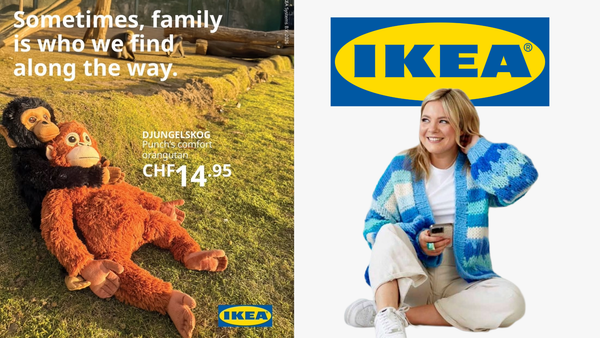Consumer mindset
The research also explored how influencers helped continue the journey to purchase, with 81% of UK consumers admitting to making a purchase by following a link shared by an influencer. This change of consumer mindset proves influencers are not just good to build brand awareness. As brands look for new ways to reach consumers, marketers said they will spend more money with influencers, with the shift in spend moving from top-tier influencers to micro-influencers, which have a much more engaged audience.The good news is that consumers also said they can still trust an influencer that openly partnered with a brand. Globally, 43% of consumers trust these influencers to give them an honest view of the product or service and respect the transparency shared about the brand relationship. “Influencer marketing has come a long way and understanding from consumers, brands and influencers themselves has grown. People increasingly appreciate the work and financial investment involved in making great daily content. However, this level of consumer savviness comes at a price: if influencers are promoting products that aren’t a natural fit, audiences will switch off,” said Anthony Capano, managing director EMEA at Rakuten Marketing.“It’s about being authentic. Brands must prioritise partnering with influencers that align with their brand values. Influencers must prioritise promoting products that align with their own ‘brand’ or risk losing their audience,” Capano concluded.








